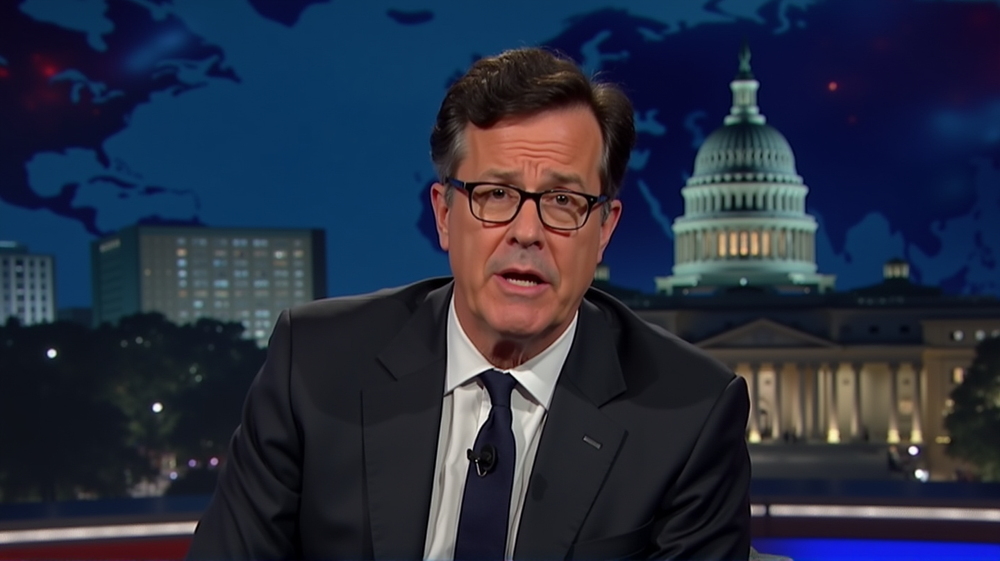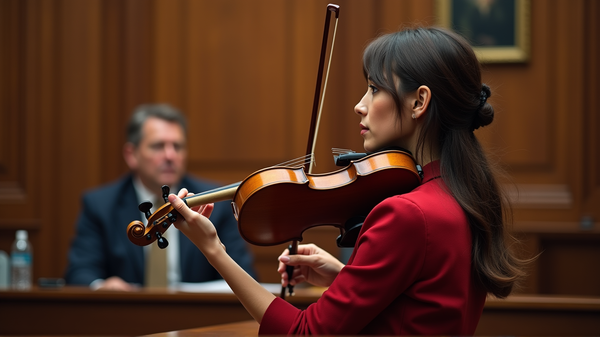Fear, Politics, and Late-Night Shakeups: The True Story Behind Stephen Colbert's Sudden Axing
In a shocking twist for late-night television aficionados, Stephen Colbert’s celebrated tenure on The Late Show has come to an abrupt end. This decision, ignited mere days after Colbert’s bold critique of Paramount’s contentious settlement with President Trump, raises the question: was this a calculated political move hidden behind purported financial constraints?
The End of an Era
The announcement of Stephen Colbert’s departure sent shockwaves through the entertainment industry. Many suspect that his caustic humor, often trained on significant political and corporate figures, might have proved too much for those in power. As Lizz Winstead, co-creator of The Daily Show, passionately argued: this was not merely about budget cuts.
Unmasking the Motive
During a revealing interview, Winstead articulated a sentiment that resonates with many: fear played a significant role in the choice to cancel Colbert’s show. It wasn’t just network economics at play, but unease at Colbert’s ability to voice truths that reverberated with audiences nationwide. “Stephen isn’t expensive. He’s a threat,” Winstead emphatically declared, emphasizing the unique power of a “truth-telling comic.”
The Political Angle
The landscape of American television is undeniable; certain figures hold undeniable sway. Colbert’s outspoken nature seemed to have rattled some important cages, leading to suspicions of political interference. As stated on MSNBC’s Velshi Sunday, the cancellation might hint at a broader narrative—a bullying tactic among the entertainment elite.
Trump’s Unbidden Influence
Trump’s enthusiastic response to Colbert’s firing has not gone unnoticed. The former President’s provocations on social media further fuel claims that political maneuvering was afoot. Was Colbert’s axing merely a byproduct of larger corporate maneuverings—or something more sinister?
Late-Night’s Future
Colbert’s dismissal postures as a troubling precedent for his peers, as alleged by Trump himself. Select hosts might next face scrutiny, raising alarm bells about stifling freedom of expression in comedy. As the entertainment community rallies around Colbert, the industry now stands at a crossroads.
Is Fear Silencing Truth?
Against this backdrop, one can’t help but consider, as Winstead suggests, that the execution of richly candid voices rolls forward in tandem with discrete pressures from political shadow players. According to The Mirror US, this supposition echoes a broader sentiment spreading through the halls of television networks.
In this evolving saga, Colbert’s fans and late-night supporters ponder: will humor continue to thrive unshackled by fear, or will silencing truth remain a formidable adversary in modern media?




